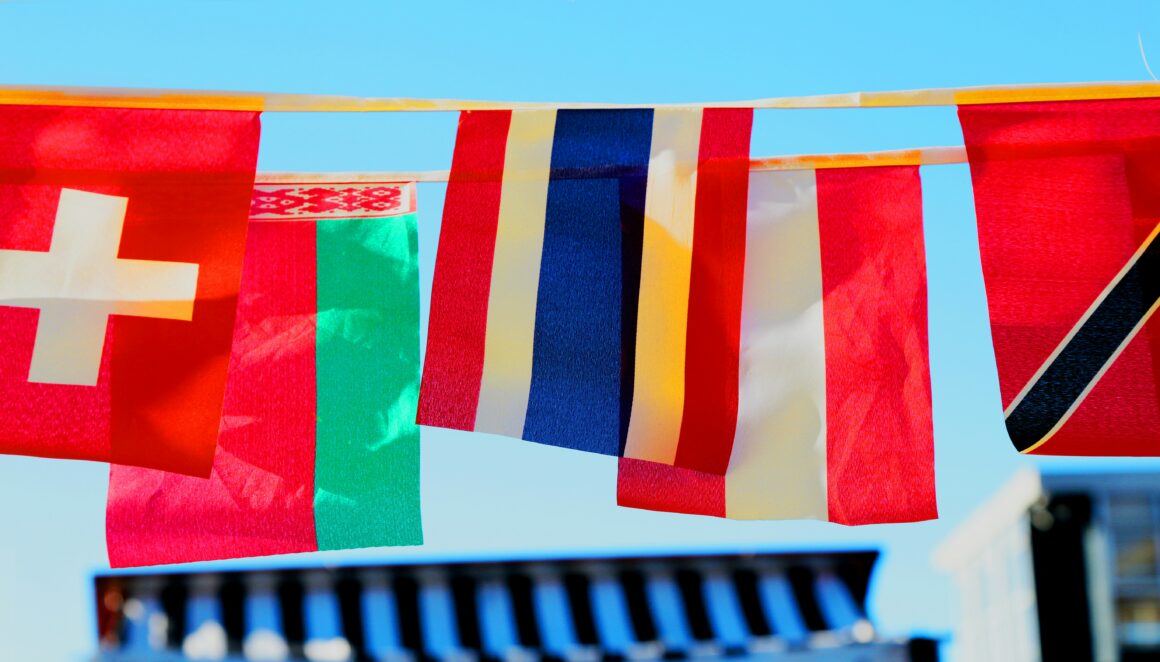The six-season, comedy-drama television series Girls has finally come to an end. The HBO-produced and Lena Dunham-curated series follows the lives of four white women living in New York City. Think of it as the popular TV show Friends, but with a white feminist twist. The main character, Hannah, finds herself in a rut when her parents announce they will no longer be supporting her financially, and she must brace the downfall of her privilege with her three best friends as they take on their arduous twenties. While I must admit that Lena Dunham and her crew have taken great strides in increasing the normality of naked human bodies and mental illnesses, the entire show, and Dunham herself, have been extremely problematic.
While the show is targeted at millennials, specifically women (thus the title Girls), it is hard for anyone to relate. A lot of women in their early twenties do not have the opportunity for their parents to pay for their entire college experience across the country in New York. A lot of women aren’t this privileged. If the creators wanted to make feminism and gender equality a recurring message throughout the series, why was the main cast only made up of wealthy white women?
The most talked-about dilemma in the series is the lack of diversity. With the show taking place in the middle of diverse Brooklyn, where only one-third of the entire NYC population is non-Hispanic White, why were little to none of the cast POC? If the show is about real-life problems, why were there no POC cast members with different problems that white women don’t have to face, and why weren’t they brought into the light?
Lena Dunham, the series creator, has her list of problematic moments as well. For example, Dunham casually mentioned on her podcast, Women of the Hour, that she “wishes she could have an abortion” in the hopes of reducing the stigma surrounding women who’ve had abortions in the past. While I do agree that the stigma should be shattered and abortions should be seen as normal, this statement issued by Dunham is downright disrespectful. Wishing pain and negative appraisal upon yourself is a complete disregard of privilege and a complete mockery upon those who have had an abortion and dealt with judgment.
Also, Dunham, without any guilt, exclaimed that she was “disappointed” to learn that she was cissexual, and how she was “jealous” of children with gay parents. Why would someone as privileged as Dunham experience job discrimination, bullying, and her human rights being denied? Because that can be a daily routine of those in the LGBT community.
In my eyes, Girls is not as groundbreaking as it may seem. It does not shatter any glass ceilings; it merely dents them.




